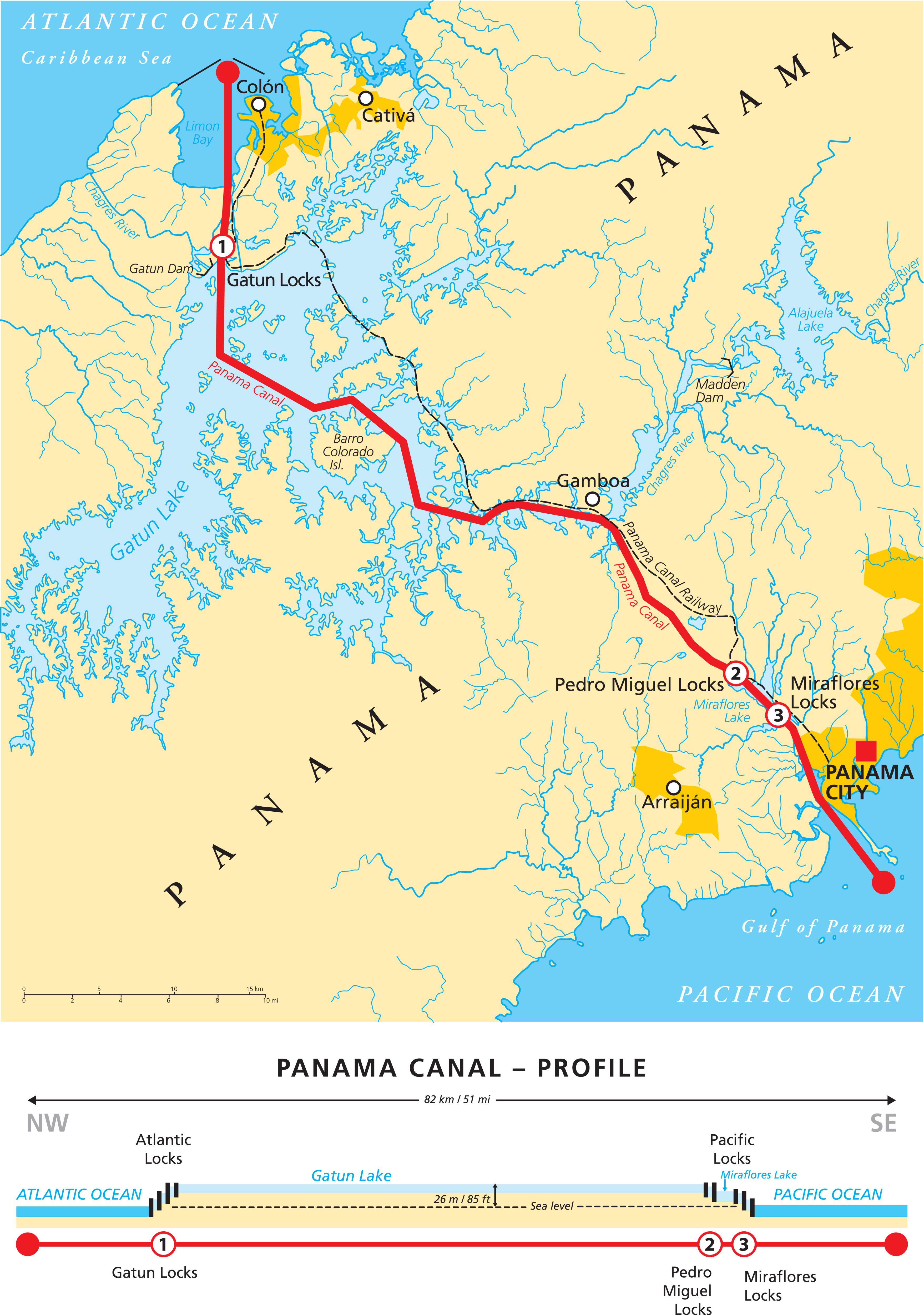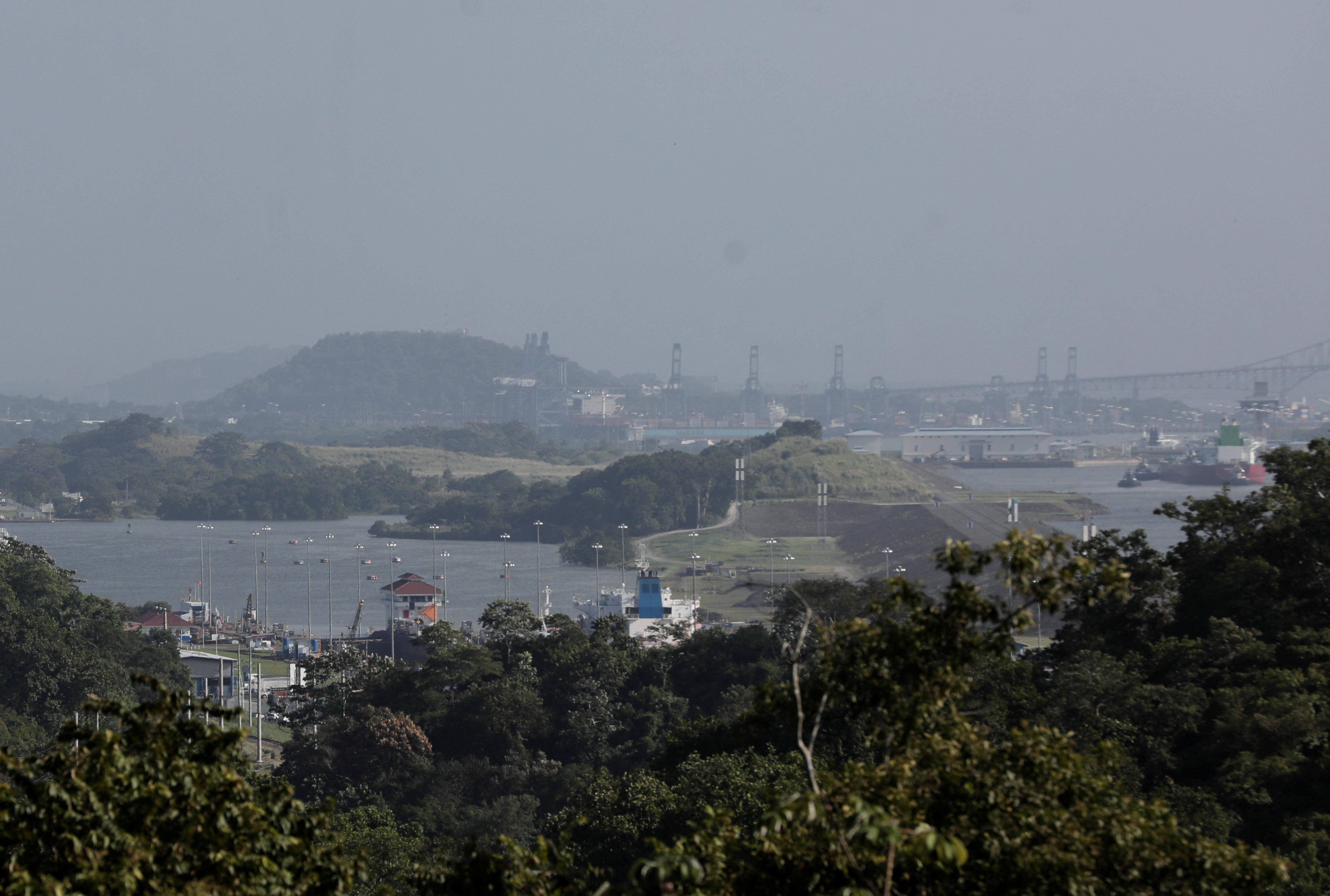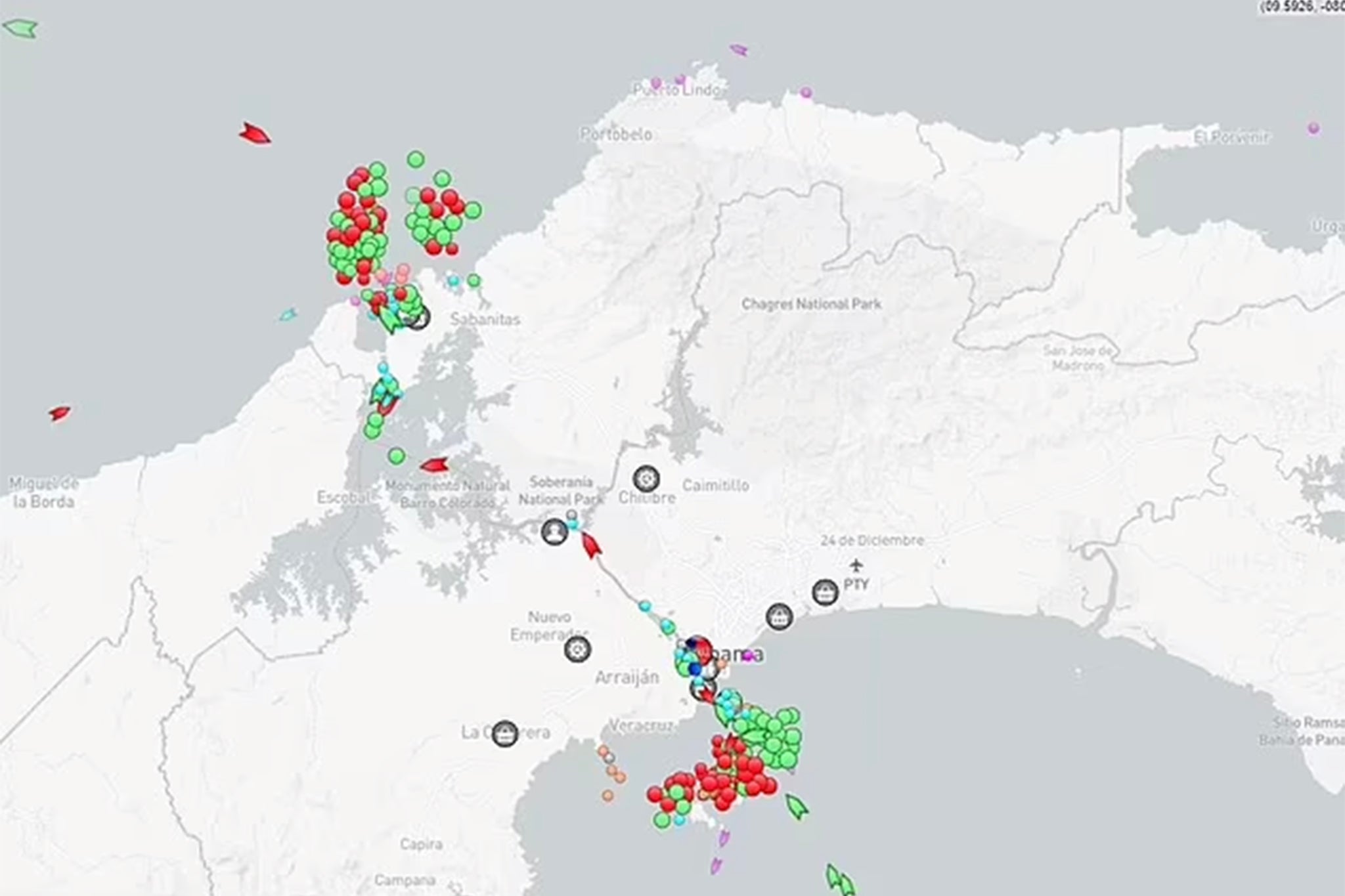Christmas supplies at risk as Panama Canal suffers drought
Experts are concerned Christmas deliveries could be impacted by the major delays on the hugely important shipping route
One of the world’s most prominent trade routes, the Panama Canal, is facing the worst-ever drought on record - prompting fears that Christmas deliveries could be at risk.
The drought impacting the trade route’s water levels is already causing delays within the global supply chain and now there are concerns children will wake up on Christmas morning without their wishlist items.
Following the driest year and October on record, the Panama Canal Authority (ACP) has cut daily transit number and restrictions could last until 2028, according to Metro Shipping, a freight service.
Water levels have dipped to their lowest levels since the mid-1900s. This low water level has left ships left waiting for weeks as it limits the amount of vessels that can pass through the waterway.
As a consequence, large shipping containers carrying the latest smartphones, TVs, tree lights, exercise bikes and toys could arrive four weeks later than anticipated.

David Jinks, head of consumer research at ParcelHero, told MailOnline: “How might the Panama crisis affect Christmas here in the UK?
“Forty per cent of container traffic to the US uses the canal.
“The result could be shortages of goods and increased prices as retailers fight over available stocks.”
The 40-mile long waterway connects the Atlantic with the Pacific Ocean and is a crucial part of efficient global trade.

Usually 38 ships pass through the route each day but now just 24 are allowed through each day and numbers are expected to fall to 16, the Daily Mirror reports.
Some vessels are reportedly paying millions of dollars to skip the queue of ships and get their goods delivered faster, while others are rerouting via Egypt’s Suez Canal or the Cape of Good, in South Africa.
“I sleep better at night knowing that I am going around the cape or Suez and not waiting in line, especially when it starts to be really desperate and you pay $4 million,” said James Allen, vice president of liquefied natural gas chartering and operations at Cheniere Energy told Fortune.

Experts fear the global supply congestion could also impact food and energy prices since grains and fuels are also being held up.
Ships usually take between eight and 10 hours to transit through the canal however currently the pass-through time is one to two weeks.
The unprecedented drought and low water levels are set to be discussed at COP28 as an agreement to keep global warming at 1.5C is being drafted.
Join our commenting forum
Join thought-provoking conversations, follow other Independent readers and see their replies
Comments
Bookmark popover
Removed from bookmarks